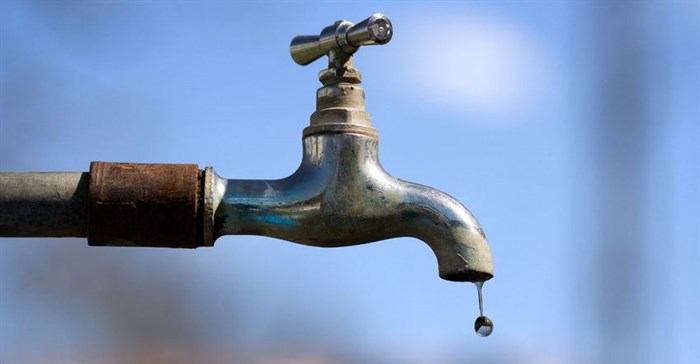
Swart adds that there has been a steady increase in searches with keywords like ‘borehole water’ and ‘eco estates’ since the start of the year.
“Water restrictions in Johannesburg and Cape Town has further driven the demand,” says Swart. “Having an alternative water or energy source on a property is definitely an excellent selling point in tough economic times. Not only do consumers hope to conserve water and the environment, they are also hoping to reduce their bills amid price hikes.”
Swart says that this is especially true for Gauteng, where residents have frequently been left without water in recent months. “The problem is exasperated by the drought, and by rapid expansion. Because homes are long-term investments, prospective buyers want to ensure that the homes they buy will have sustainable, affordable access to water and power over the next twenty to fifty years.”
Eco estates have risen dramatically in their popularity, although Swart cautions that not all properties billed as ‘green’ live up to their name. “There were about five big eco estates making waves in 2008, compared to 50 in 2010. Today we’re seeing hundreds of green or eco estates being marketed, although not all of them are as sustainable as one would think.”
Eco estates do not have artificial landscaping that requires the use of irrigation systems (such as golf courses and vineyards) included on the property, contain no more than five homes per hectare and is subjected to an environmental management plan that includes erosion reports and game and bird counts, explains Swart. “But that’s not to say these estates aren’t ‘green’ – some spend a good deal of money maintaining natural flora and fauna. They would be considered eco-sensitive.”
Swart says that homeowners can add value to their properties by investing in a rainwater-harvesting system. “Even a small two-bedroom home can collect 23,000 litres of water a year, at an initial cost of R40,000. A grey water system will only cost about R15,000. These investments can cut your bill by 75% and will drive up the value of your property significantly.”
While a well-established and maintained garden is always considered an asset, Swart advises homeowners to slowly start adding water-wise indigenous plants to their homes. “Not everyone has the time to maintain a garden, and with recent restrictions a lawn can become a hassle. An indigenous garden can be lush and colourful and much easier to maintain, making it attractive to the young urban market and retirees.”
There are currently over a thousand properties billed as eco-friendly, sustainable or eco-sensitive, says Swart, “more than double what we’ve seen in previous years. This is a clear indication that green considerations are highly marketable.”